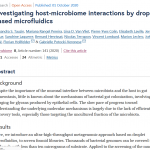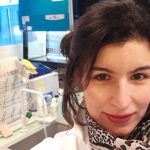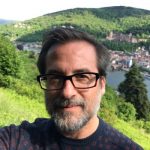28 September 2016
Functional Metagenomics 2016
The Functional Metagenomics 2016 conference took place in Inderøy, Norway, on September 25-28, 2016, with the participation of several MetaFluidics partners. This was the 2nd open conference of ‘Functional Metagenomics International’, which was formed in 2011 and consists of a growing number of researchers around the globe sharing the interest in studying environmental metagenomes based on encoded functions and in developing efficient tools to exploit these using function-based approaches.
The Conference brought together interested researchers working in the field of Functional Metagenomics for three intense days of scientific presentations, as well as vivid discussions leading to exchange of knowledge and latest research results, in the inspiring surrounding of Mid-Norwegian nature. The informal setting and small format of the conference, as well as the participation of world leading researchers within the field ensure high quality, in-depth scientific discussions both in the plenum, in extended breaks and at social functions.
The great and positive response to our invitation indicates the increasing relevance of metagenomics research in functionally describing microbial biodiversity on earth and targeting its exploitation towards new products for a wide variety of applications for the benefits of society and to contribute to solving some of the key societal challenges of our time.
For more information on the Functional Metagenomics 2016 conference, please visit the conference website: http://www.sintef.no/fmg2016
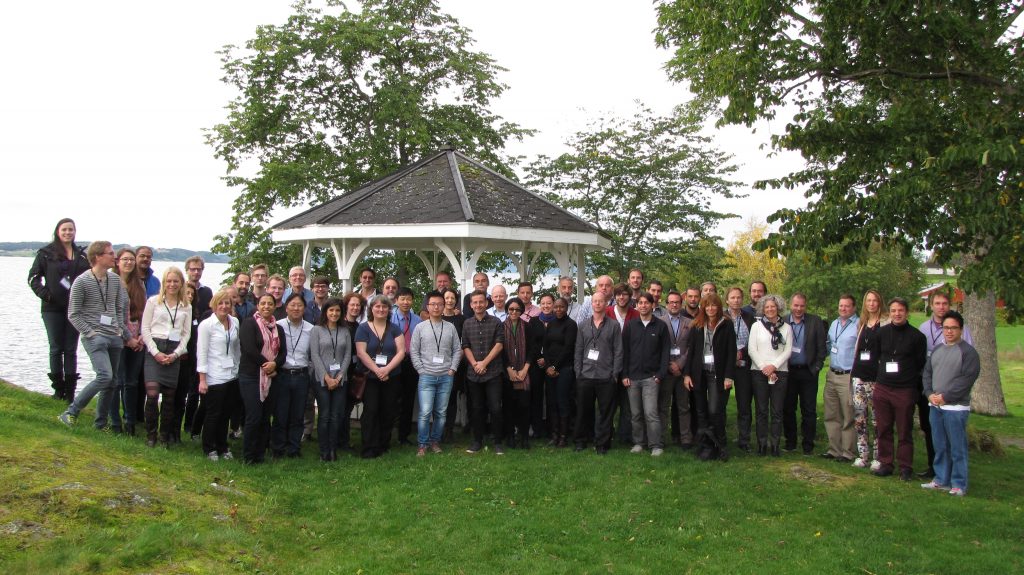
16 November 2016
Maximising the impact of KET Biotechnology
On 15-16 November 2016, Project coordinator Dr. Aurelio Hidalgo and Dr. Michael Lappe fom partner QIAGEN Aarhus were honoured to take part in the European Commission’s second Workshop on “Maximising the Impact of KET Biotechnology”.
In line with the goals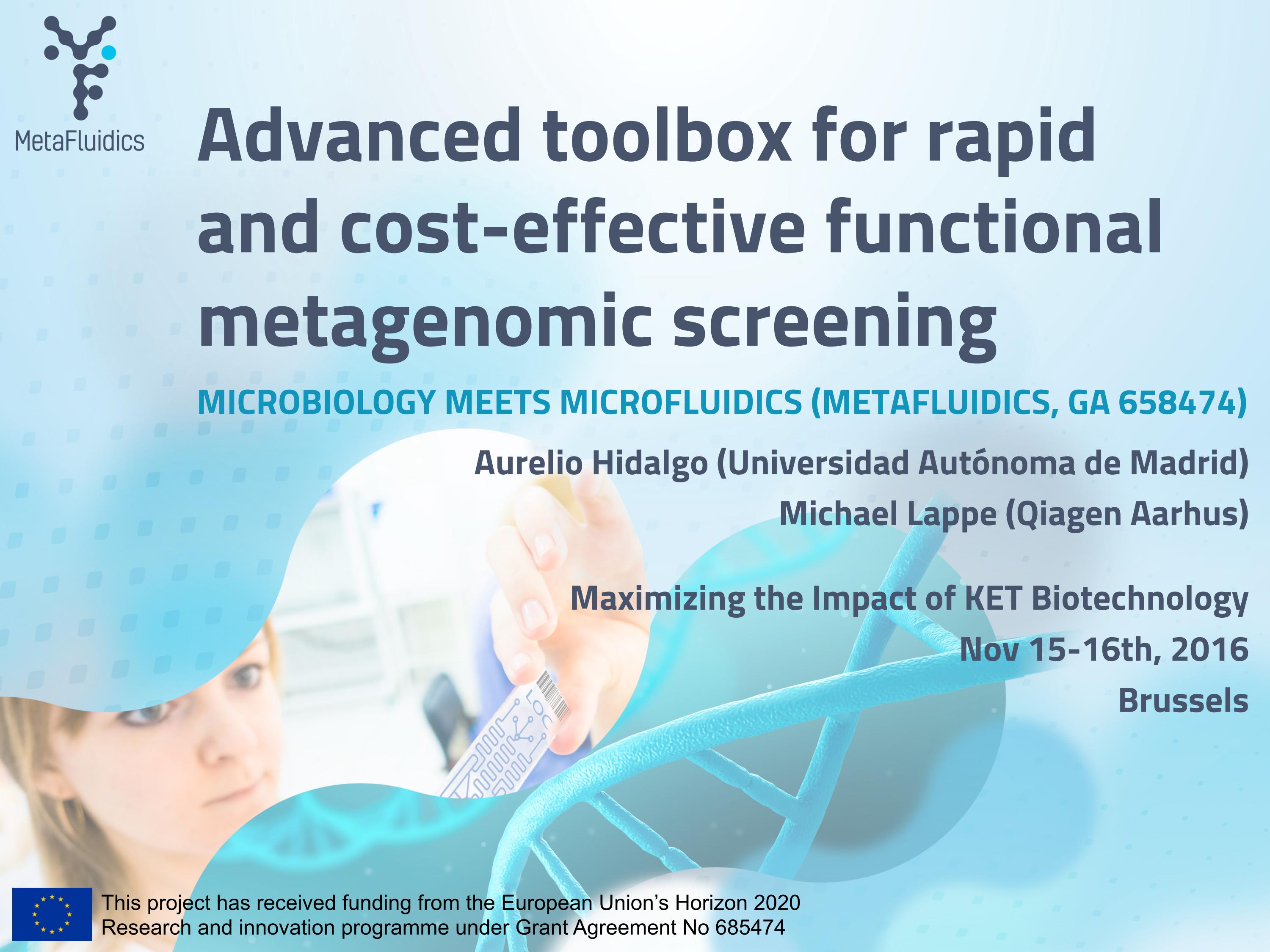 of Open Innovation, Open Science and Open to the World, the workshop gathered a range of academic and industrial project beneficiaries representing 21 KET Biotechnology projects funded through Horizon 2020, representatives from the European Association for Bio-industries (EuropaBio) and the European Federation of Biotechnology (EFB), delegates from jurisdictions leading in biotechnology (USA, China, Korea and Japan), an expert on standardisation in synthetic biology, representatives of the Bio-based Industries’ Joint Undertaking and representatives of the European Commission.
of Open Innovation, Open Science and Open to the World, the workshop gathered a range of academic and industrial project beneficiaries representing 21 KET Biotechnology projects funded through Horizon 2020, representatives from the European Association for Bio-industries (EuropaBio) and the European Federation of Biotechnology (EFB), delegates from jurisdictions leading in biotechnology (USA, China, Korea and Japan), an expert on standardisation in synthetic biology, representatives of the Bio-based Industries’ Joint Undertaking and representatives of the European Commission.
Discussions focused on ongoing European research and innovation biotechnology projects and their future added value, thereby providing an opportunity for project partners to show actual and potential progress towards expected impacts, as well as a diversity of scientific, industrial and market difficulties and challenges in modern biotechnology.
Dr. Hidalgo and Dr. Lappe presented the objectives of the MetaFluidics project and how we propose to overcome a number of current bottlenecks through innovative metagenomics technologies.
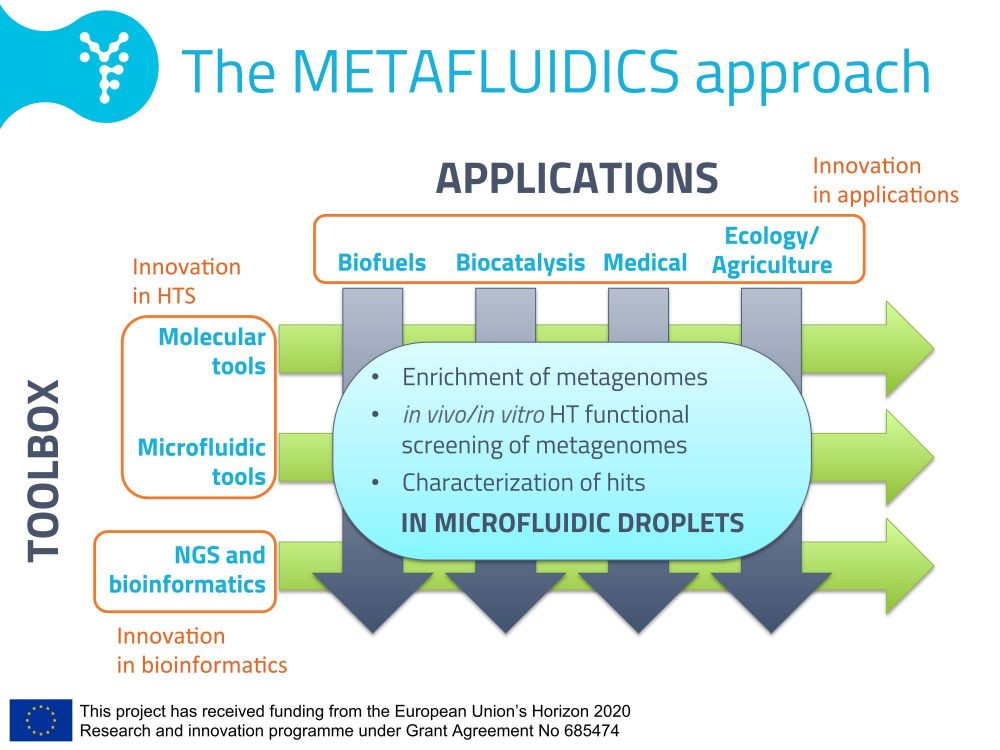
For more information: https://bookshop.europa.eu/en/maximising-the-impact-of-ket-biotechnology-pbKI0516025/
29 June 2017
International Workshop on Extremophile Research in Alicante
Projects Metafluidics and Carbazymes organized an International Workshop on extremophile research in Alicante.
International experts on extremophilic microorganism research came together between 26th and 29th June to teach in the Workshop “Technical approaches to the study of extremophiles”.
Hosted at the University of Alicante and directed by Prof. Pepa Antón, the course was coorganized by the Spanish Network for Extremophiles and the research projects “MetaFluidics” and “CarbaZymes”, both funded by the European Commission. During the workshop, 34 students from 5 different countries had the chance to learn from the experts and get hands-on experience in handling and analyzing these peculiar microbes.
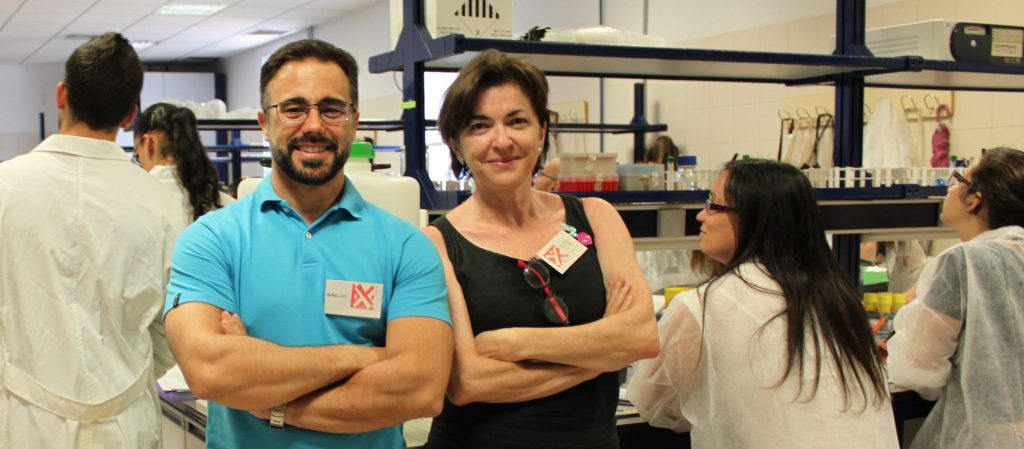 Dr. Aurelio Hidalgo and Pr. Pepa Antón, co-organizers of the workshop
Dr. Aurelio Hidalgo and Pr. Pepa Antón, co-organizers of the workshop
The program, which included theory and practice, included instruction by renowned experts such as Francisco J.M Mojica, discoverer of CRISPR systems , CSIC scientists Mª Asunción de los Ríos, Jacek Wierzchos and Juan Miguel González, Aurelio Hidalgo (Coordinator of Project MetaFluidics),” and several microbiology professors from Autónoma of Madrid, Granada, Sevilla, Helsinki or Warwick universities, Helsinki.
What are extremophile microorganisms?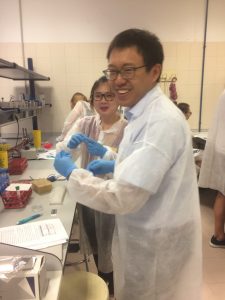
Extreme environments are locations with a temperature, acidity, salinity, pressure or radiation levels that are hostile to life, from an anthropocentric point of view. Organisms that dwell in such environments are called extremophiles and they have adapted perfectly to function under such conditions. The interest in the study of extremophiles lies in a better understanding of evolution and the origin of life on Earth, as well as the possibility of life in other planets. Additionally, these microorganisms are coveted for industrial applications due to the extreme resistance and tolerance of their proteins. In this workshop, the most current techniques were presented, from biochemical characterization of enzymes to the analysis of the microbial communities that live in these extreme environments.
For more information or interviews, please contact us at: info@metafluidics.eu
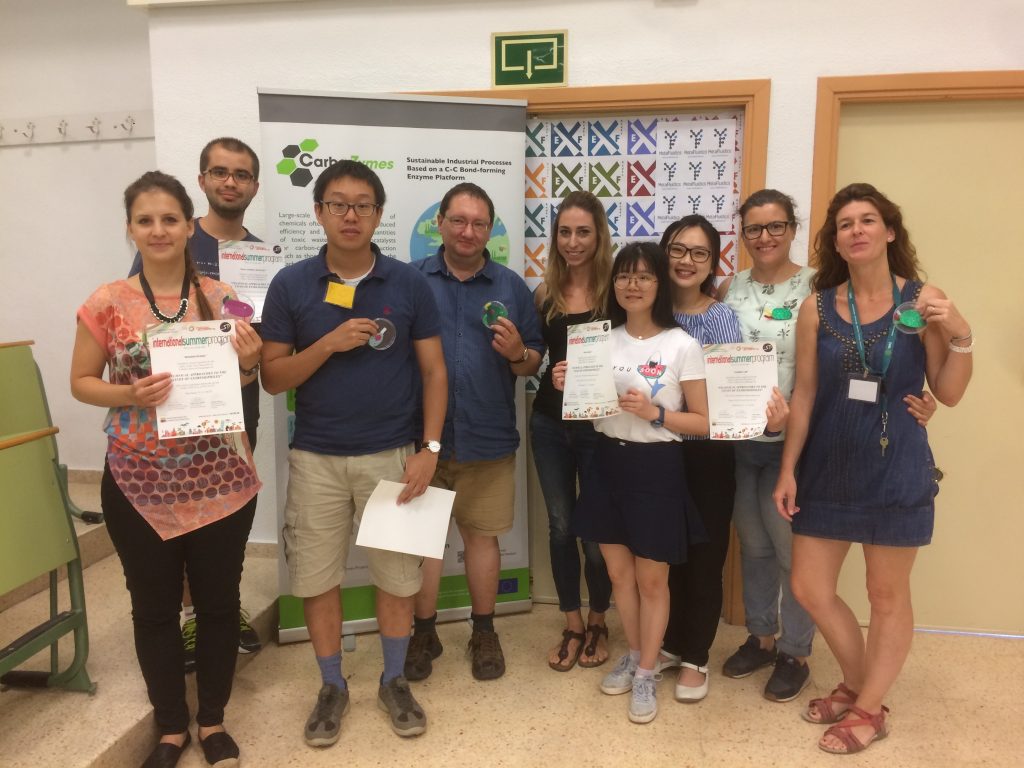
The group of international students, together with their supervisors.
25 November 2017
MetaFluidics at Novozymes internal R&D meeting
On Friday 25 November, MetaFluidics partner Novozymes organised a very enriching internal R&D meeting in Bagsværd, Denmark. The MetaFluidics poster was especially successful and attracted many listeners !!
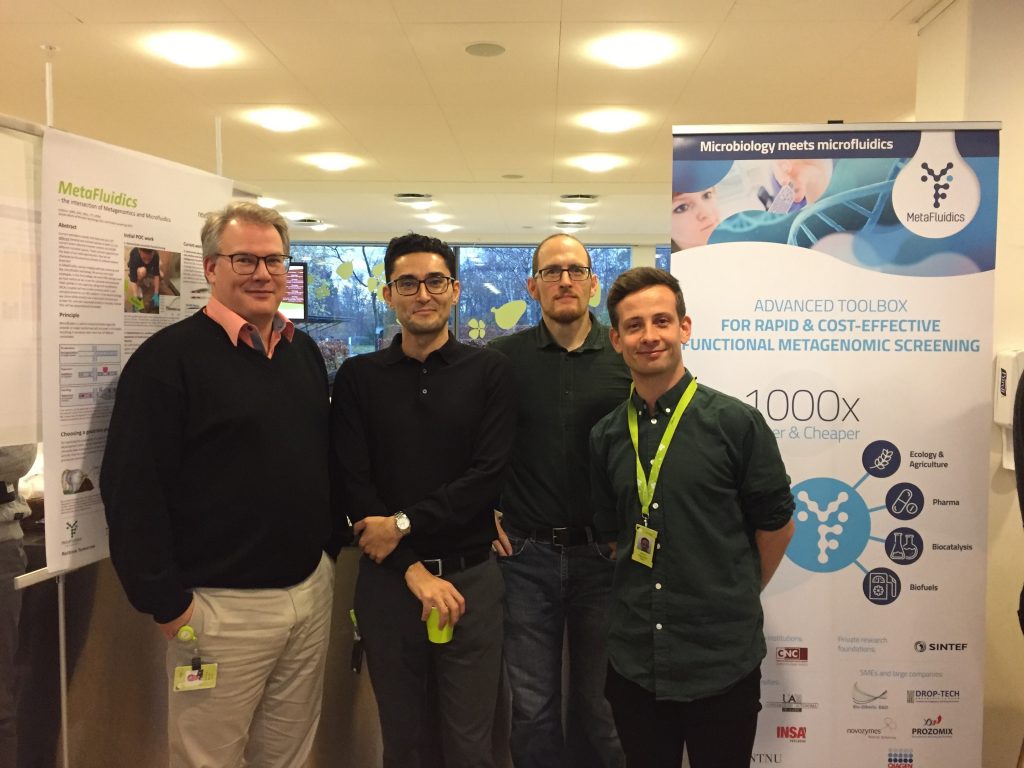
From left to right: Martin, Ali, Keith & Michael from Novozymes standing next to the MetaFluidics kakemono & poster
